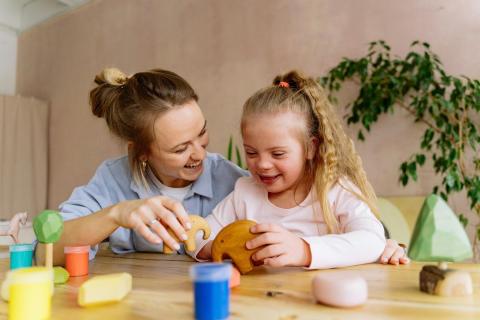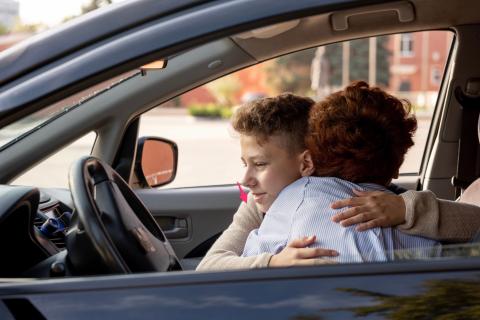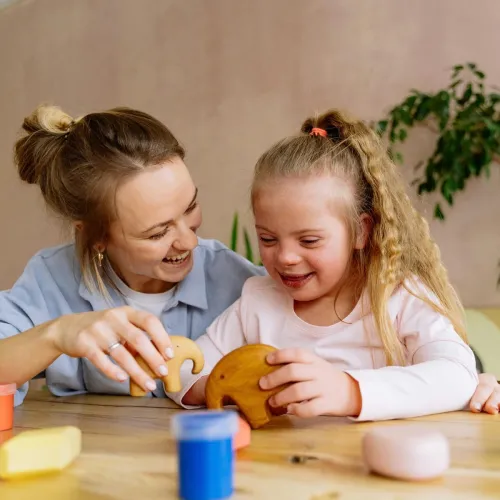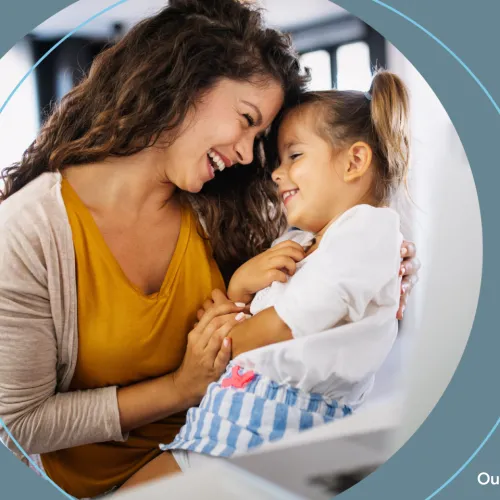OurFamilyWizard Blog
Insights and Advice for Conflict-Free Co-Parenting
Featured

Learn from a family law attorney about when virtual visitation or virtual parenting time is a good…
Recent

Although childhood trauma related to divorce has a lasting impact, that’s not the whole…

Why bother using a co-parenting app? Here are 5 good reasons why a co-parenting app can relieve…

Co-parents juggle a lot of problems—but some can be solved. Feeling anxious, paying too many legal…
Mastering your parenting schedule

Using the best co-parenting calendar is essential for preventing conflict after a divorce or…

Adjusting to being raised in two houses is easier for children when co-parents master these basics.

For many parents, a parenting schedule is a crucial element of your overall co-parenting…



